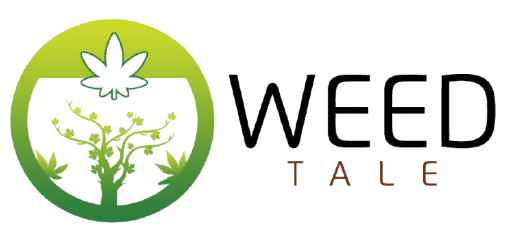Delta-8-THC is a minor cannabinoid, occurring in the plant in a really small focus. Delta-8-THC is additionally known to be an abject form of THC, and is not straight created by cannabinoid-synthesizing enzymes within the plant. When THC is kept for some time, it weakens into delta-8-THC. Industrial farmers and extractors use discerning breeding and molecular seclusion to accessibility better amounts of delta-8-THC.
Delta-8-THC stands out from the THC that is frequently pointed out in discussion concerning cannabis. What we refer to as THC typically means delta-9-THC, the main form of THC found in cannabis. Delta-8-THC is an analog of delta-9-THC, a particle with a similar structure, but some noteworthy differences. While the two share several similar homes, such as stimulating appetite, reducing nausea or vomiting, and soothing discomfort, delta-8-THC often tends to show a reduced psychotropic strength than delta-9-THC
The standing of Delta-8 THC under government legislation is not clear, because of a conflict between the regulation and a Drug Enforcement Administration (“DEA”) law. Under the federal 2018 Farm Bill, all hemp-derived cannabinoids, consisting of all Delta-8 THC derived from hemp, fall within the interpretation of “hemp,” which is no more an illegal drug government, and can be legally generated and offered, subject to a complex collection of government regulations. Nevertheless, in Fall 2020 the DEA issued an “Interim Final Rule” which stated that” [all] synthetically derived tetrahydrocannabinol stay timetable 1 illegal drugs.” The Biden Administration has actually indicated that it will permit the Final Rule to go into effect later this month.
Thus the complication: Delta-8 THC, when produced from hemp-derived CBD (and thus not extracted directly from the hemp plant), is a controlled substance under government regulation. Till this unpredictability is resolved by Congress, the DEA or the courts, there is some threat that Delta-8 THC stays an unlawful “abused substance” under government law, despite the hemp-derived CBD where it is manufactured being legal at the federal degree.
Products consisting of Delta-8 THC do not appear to be forbidden by FDA guidelines but still should receive pre-market authorization. Under the 2018 Farm Bill, the FDA retains authority to control items that contain cannabis or cannabis derivatives under the federal Food, Drug and Cosmetic Act (FDCA). The FDA has actually additionally promoted its Drug Exclusion Rule, which specifies that any type of compound that has been authorized or checked out by the FDA as a brand-new medicine can not additionally be marketed as a food or nutritional supplement for people or pets unless the substance was marketed and marketed before the FDA’s investigation. It is this Drug Exclusion Rule that creates the sale of products having CBD to be of questionable validity under government legislation. There does not seem any kind of FDA investigations about Delta-8 THC, so it appears that the Drug Exclusion Rule does not relate to the sale of products that contain Delta-8 THC.
Nevertheless, Rhode Island legislation bans the sale of products for human intake including Delta-8 THC. The 2019 amendments to the Industrial Hemp Growth Act, R.I.G.L ch. 2-26, legalized in Rhode Island the production and sale of hemp products (and all derivatives and removes with a Delta-9 THC concentration of not more than 0.3 percent), based on government and state governing schemes. This is similar to the interpretation of “hemp” in the federal 2018 Farm Bill. Nevertheless, as Rhode Island regulation still prohibits products including THC (consisting of Delta-9 THC) for intake, food products and supplements including Delta-8 THC continue to be unlawful in Rhode Island.
Thanks for reading this post, What do you know about Delta-8 THC and its products, please share your experience with us and follow this link “MyDeltaEight.Com” to know more about delta 8 THC.



